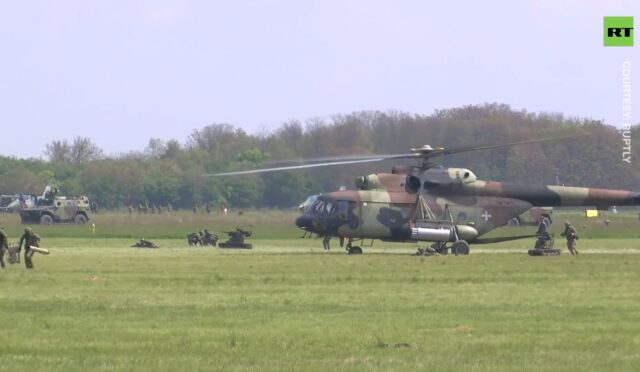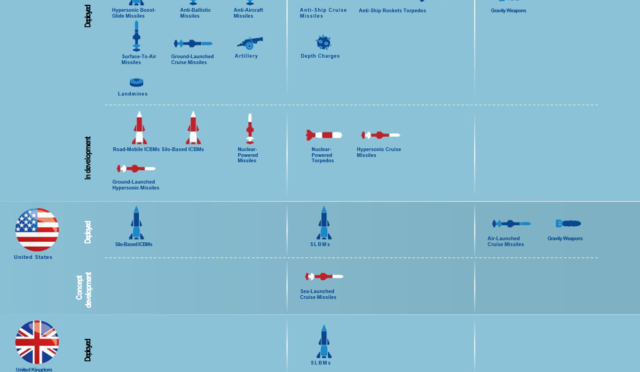Israeli Strike on Beirut: Tensions Escalate During Ceasefire
On Tuesday, an Israeli airstrike in southern Beirut resulted in the deaths of at least three individuals, according to reports from Lebanon. This strike is part of a disturbing pattern of military actions during an already fragile four-month ceasefire between Israel and the militant group Hezbollah. The attack occurred without warning around 3:30 am local time, coinciding with the Eid al-Fitr holiday that celebrates the end of Ramadan. Just days prior, Israel had also targeted Beirut’s southern suburbs, a stronghold of Hezbollah, following a prior evacuation warning.
Lebanon’s health ministry confirmed that the assault left three dead and injured seven others. Eyewitness reports from an AFP journalist at the scene revealed that the upper floors of a residential building were completely destroyed, causing panic among local residents who fled their homes as rescue workers arrived to assist the wounded. In a statement, the Israeli military claimed that the strike was aimed at a Hezbollah operative identified as directing activities related to Hamas and preparing for a significant terror attack against Israeli civilians.
International Condemnation
Lebanese President Joseph Aoun condemned the Israeli airstrike, urging the international community to back Lebanon’s right to sovereignty. Additionally, Lebanese Prime Minister Nawaf Salam characterized the attack as a “clear breach” of the ceasefire, which had effectively ended a lengthy period of conflict between Hezbollah and Israel. The Israeli military asserted that its actions were justified as retaliation for previous rocket fire coming from Lebanon, which was attributed to Hezbollah. Prime Minister Benjamin Netanyahu had previously warned that strikes would occur across Lebanon in response to any threats against Israel.
Since the ceasefire took effect on November 27, Israel has continued its military operations in southern and eastern Lebanon, claiming these strikes target Hezbollah military positions that violate the truce. This ongoing conflict puts immense pressure on the ceasefire agreement and raises concerns about the potential for renewed violence.
Hezbollah’s Response
In a televised address, Hezbollah leader Naim Qassem condemned the latest Israeli strikes, calling for an immediate end to what he termed “this aggression.” He emphasized that such actions could not be tolerated, as they threaten the fragile peace established by the ceasefire. Additionally, there were reports of two projectiles launched towards Israel on Friday, with one intercepted and the other landing in Lebanese territory. This incident marked the second such occurrence since the truce was implemented, with Hezbollah denying involvement in both instances.
Israeli Defense Minister Israel Katz stated that the Lebanese government bears responsibility for any threats directed at Israel and warned that Israel would take measures to enforce the ceasefire if Lebanon failed to act. The Lebanese military reported identifying the location from which the recent rockets were fired, located just north of the Litani River. Following this, the Lebanese General Security agency confirmed the arrest of several individuals suspected of involvement in the attack.
Ceasefire Agreement Violations
The ceasefire agreement stipulated that Israel would withdraw its forces from Lebanon by February 18, following an inability to meet an earlier deadline in January. However, Israeli troops remain stationed in five strategically important locations across Lebanon. Concurrently, the agreement also mandated that Hezbollah withdraw its forces north of the Litani River—approximately 30 kilometers from the Israeli border—and dismantle remaining military infrastructure in the south.
As the Israeli military continues its presence in these strategic locations, the Lebanese army has been deployed in the southern regions, marking a significant development in the ongoing tension between the two nations. The future of this ceasefire remains precarious as both sides navigate the complex landscape of local and regional politics.







